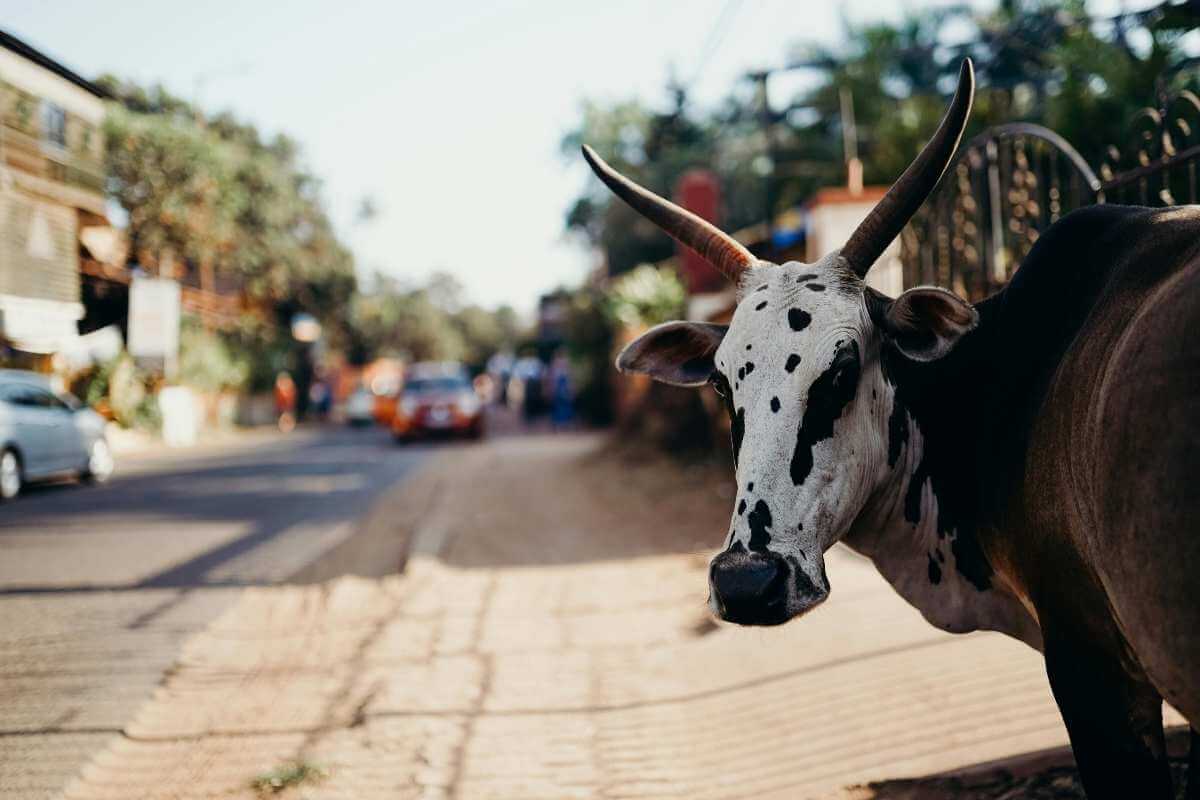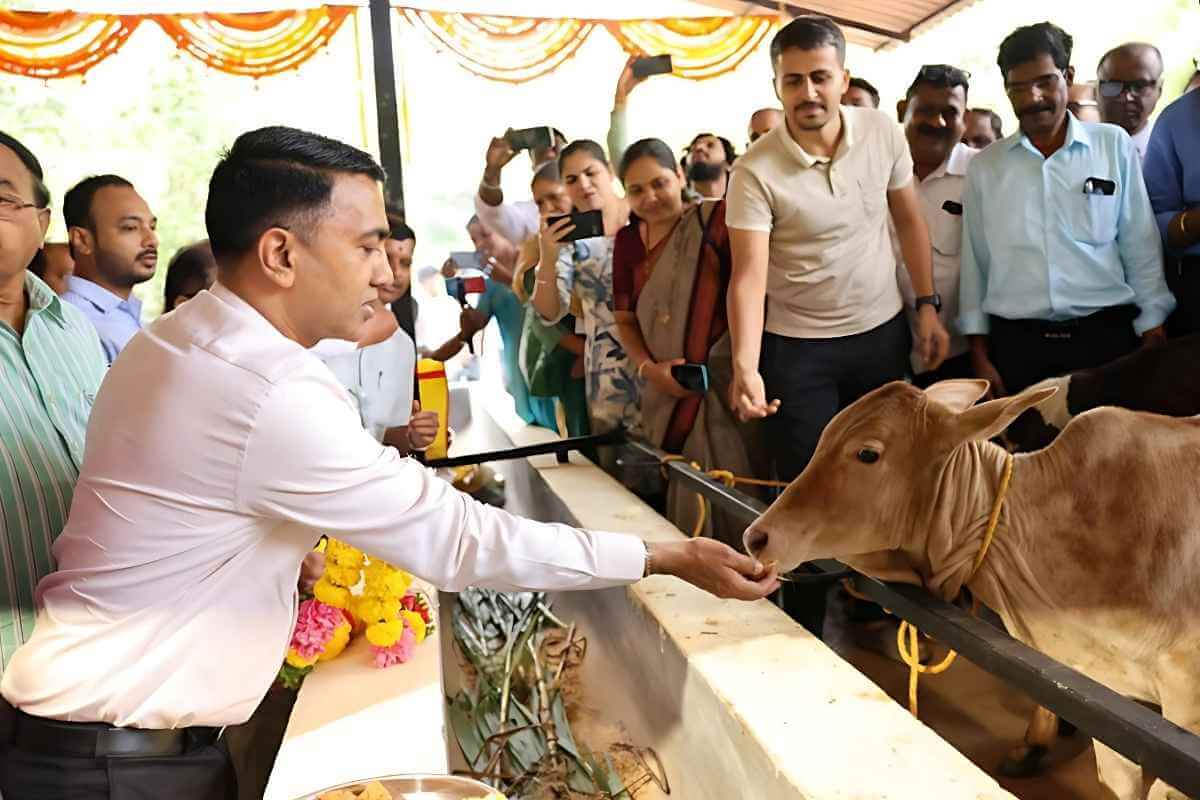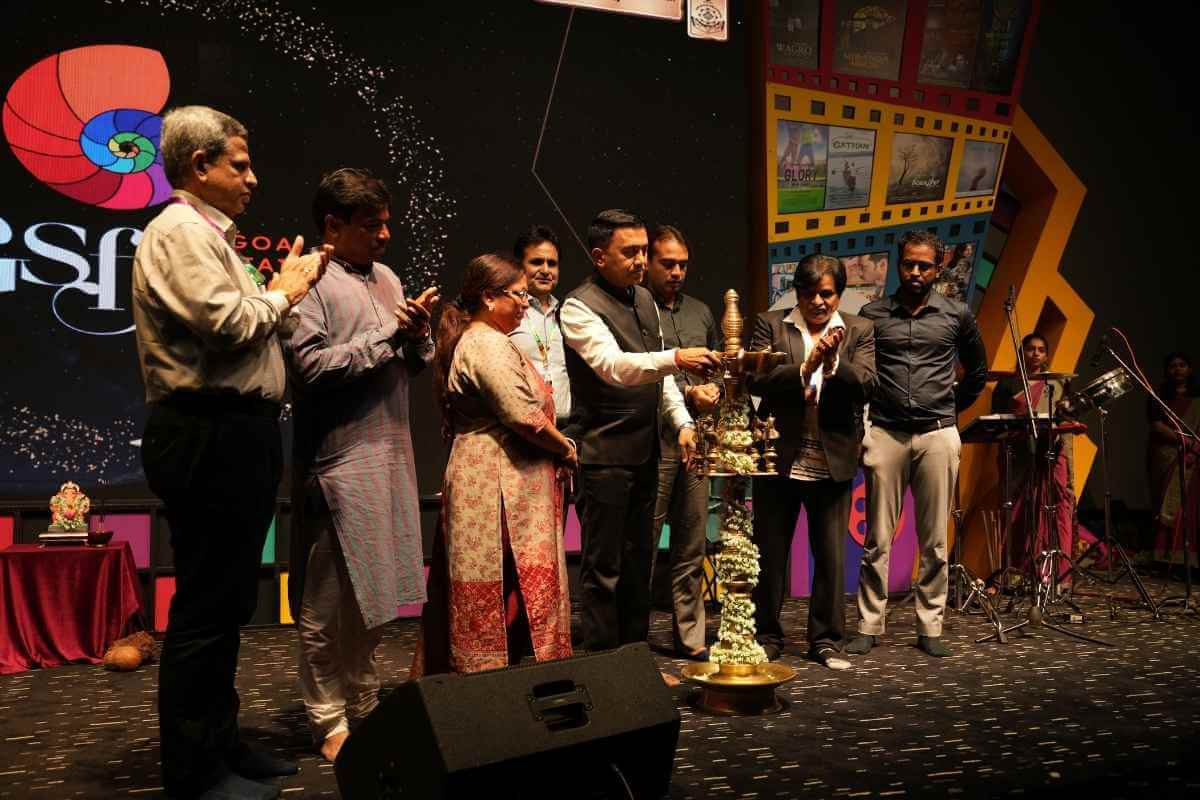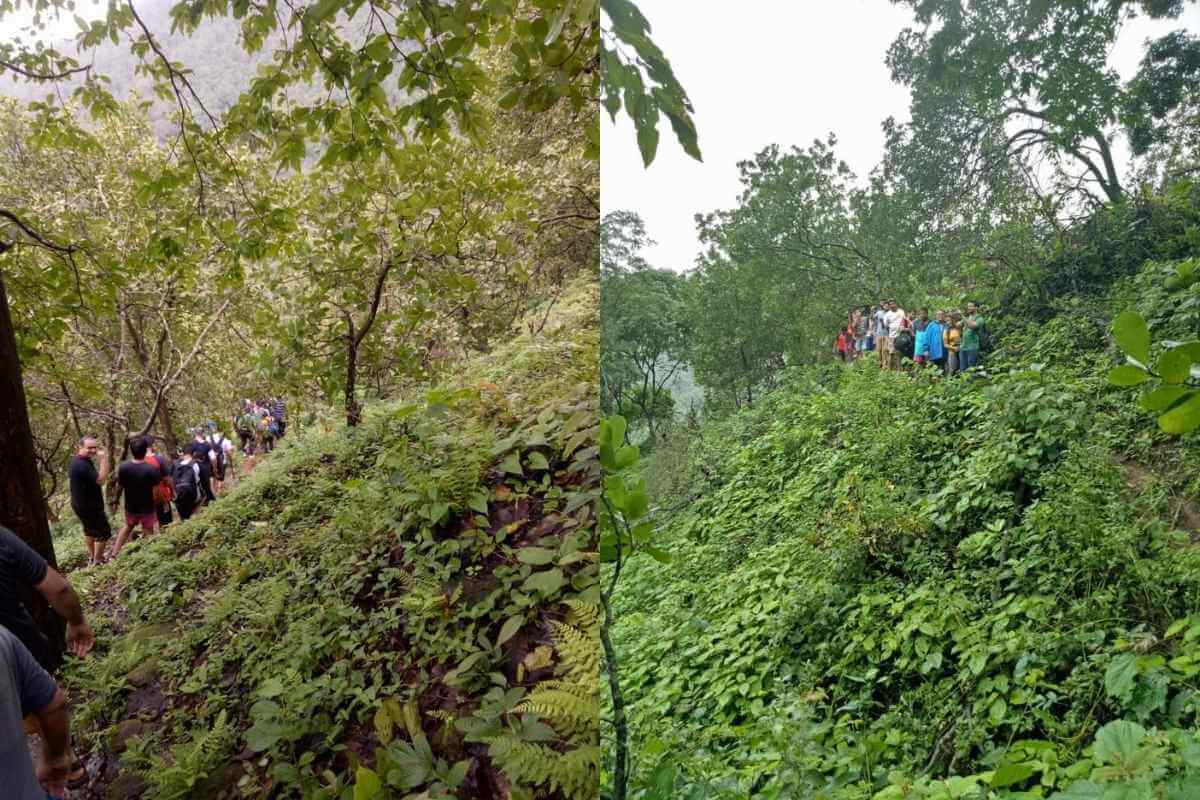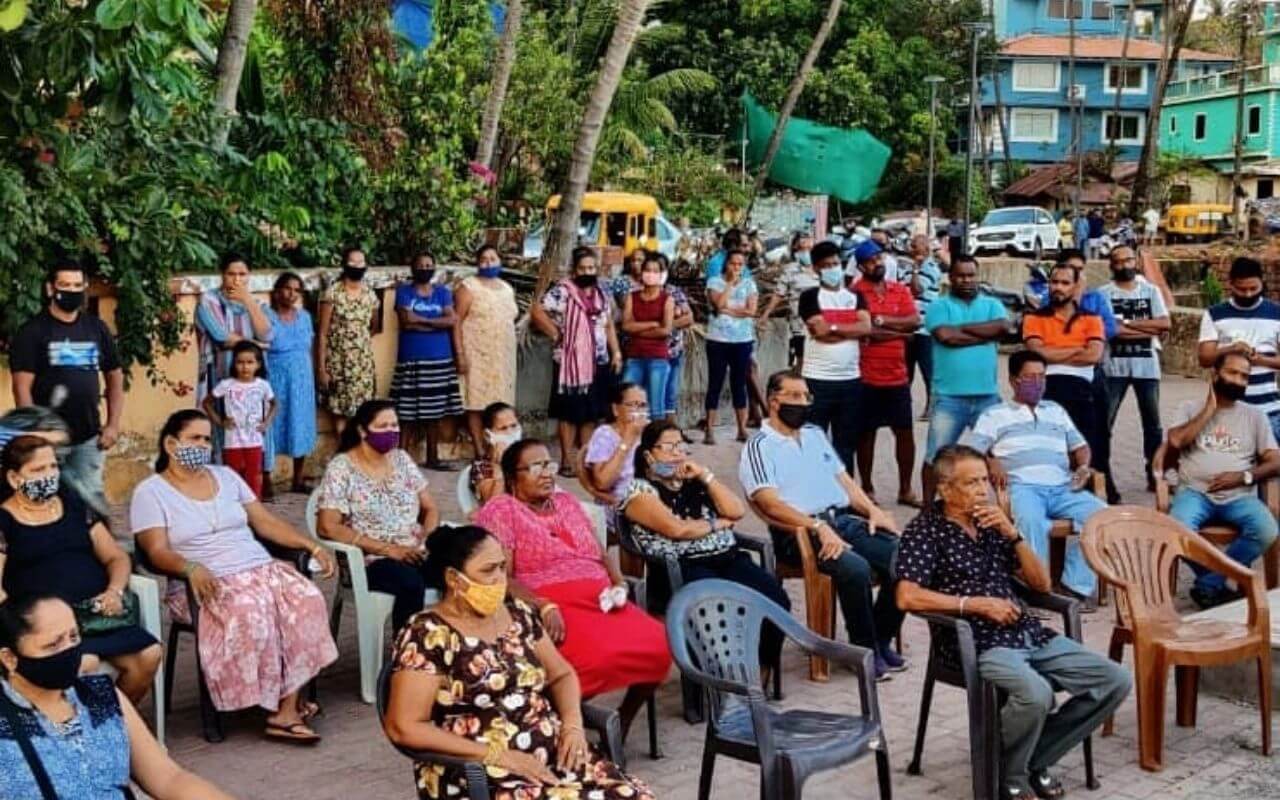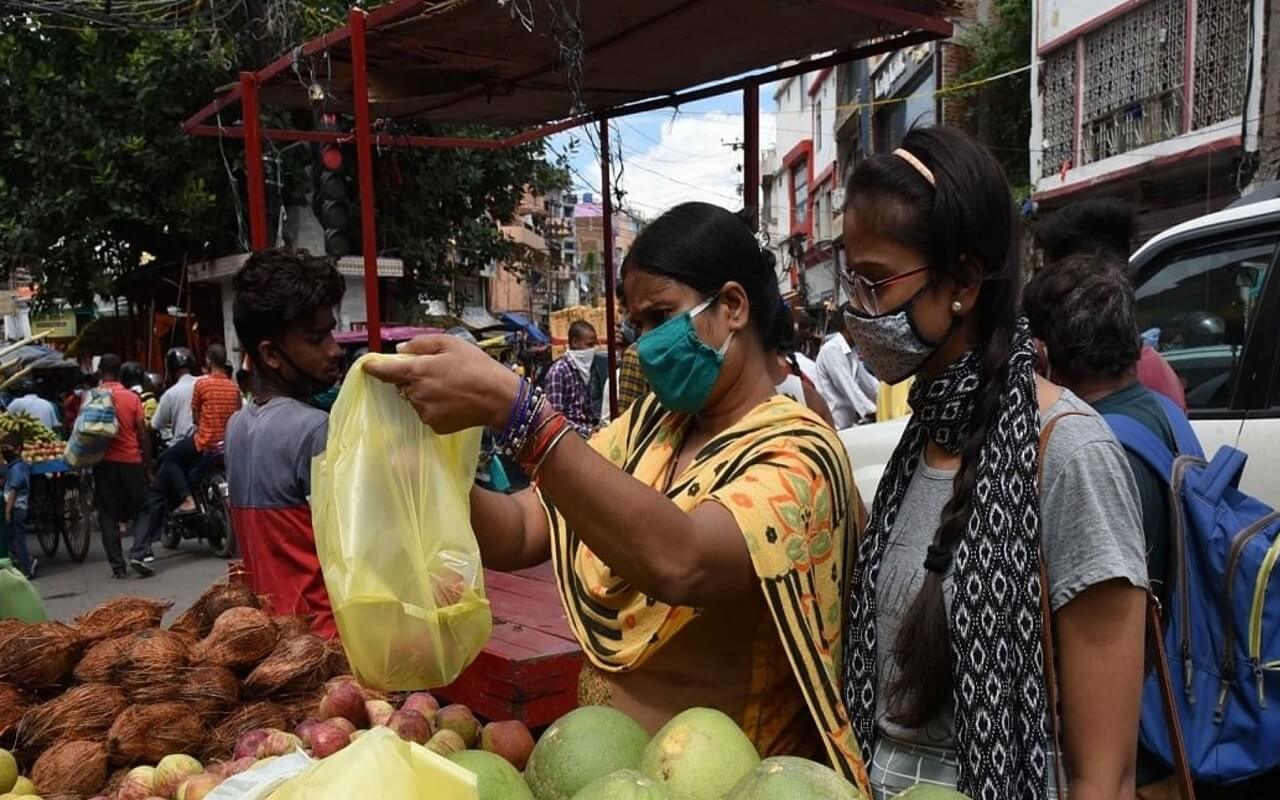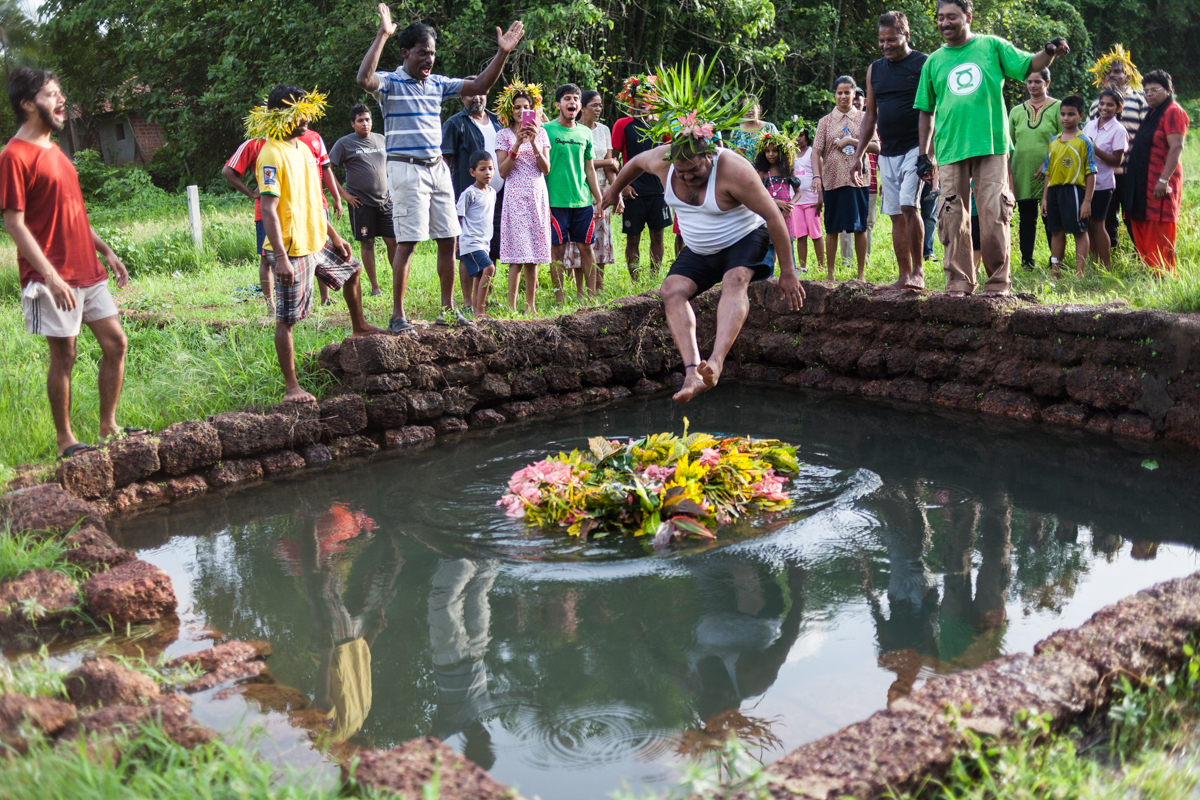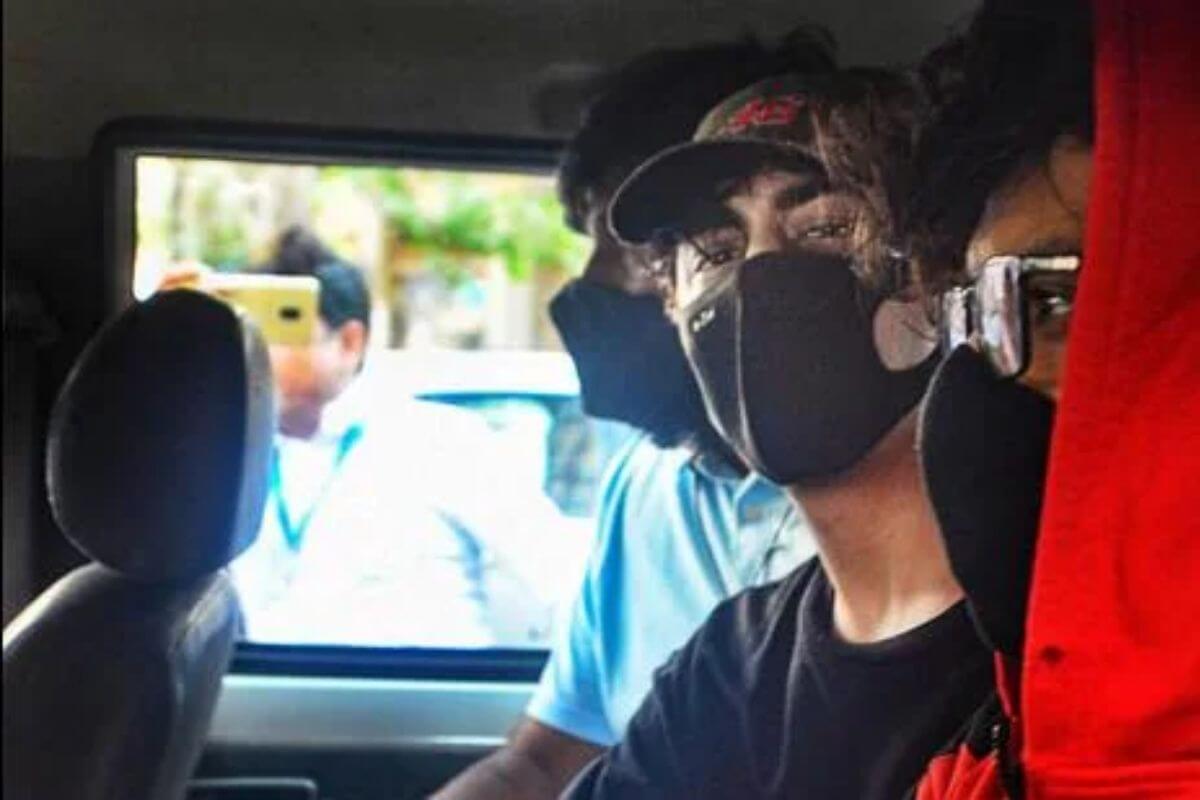In a progressive leap toward animal welfare, the government of Goa has introduced the Goa Stray Cattle Management Scheme (GSCMS), a strategic initiative that reflects the state’s commitment to addressing the growing problem of stray cattle. Launched in 2013 by the late Chief Minister, Manohar Parrikar, and currently championed by the present Chief Minister, Dr. Pramod Sawant, the scheme seeks to eliminate the presence of stray cattle from public roads and tourist areas, ensuring they are provided with proper care, shelter, and attention.
Addressing the Stray Cattle Crisis
Goa has faced an alarming rise in road accidents due to stray cattle, with statistics showing that 25% of accidents on the state’s highways in the past year were attributed to these animals. In addition to posing a risk to road safety, stray cattle often create disturbances in popular tourist spots like beaches, and damage agricultural land, forcing farmers to invest heavily in fencing their properties. This alarming situation underscores the urgency for a more systematic approach to stray cattle management.
The core motivation behind the GSCMS is the protection of these voiceless animals, who, without owners or shepherds, are left to roam aimlessly in search of food. The government recognized the need for intervention to safeguard both the animals and the people of Goa, and thus, the scheme was born.
Strengthening the Scheme: From 8 to 12 Goshalas
Under the guidance of Chief Minister Dr. Pramod Sawant, the GSCMS has been steadily expanding. Currently, there are eight Goshalas (cow shelters) across the state, but the vision is to increase this number to a minimum of twelve, with one Goshalas in each of Goa’s Talukas. The construction and operation of these Goshalas are supported by the government, with necessary equipment and resources being provided at highly subsidized rates. This support encourages local Animal Welfare Organisations (AWOs), registered Goshalas, Panchayats, and Municipalities to actively engage in this initiative.
One of the key supporters of this mission is Nilkanth Harlankar, Goa’s Minister of Animal Husbandry and Veterinary Services. Harlankar has urged local civic authorities to take responsibility for stray cattle within their jurisdictions, emphasizing that the government has empowered these bodies to actively manage and contribute to the welfare of these animals.
NGO Involvement: A Collaborative Effort
In addition to government agencies, non-governmental organizations (NGOs) have played an essential role in the implementation and success of the GSCMS. The Dhyan Foundation, for example, runs two Goshalas, currently accommodating over 1,200 rescued cattle. Another prominent NGO, the Ponda Municipal Council’s Goshalas, was the latest addition to the growing network. Inspired by these models, a group of young activists from Dabhal village in South Goa, in collaboration with local authorities, has started a Goshalas under the scheme. Situated in Nirancal village, this facility spans an impressive 27,000 square meters.
Sanket Tendulkar, the director of the Organisation for People and Animal Welfare, notes that their role is to rescue cattle from the nearby Ponda area. These collaborations highlight the power of community-driven efforts, which are helping to expand the scope of this far-reaching initiative.
Comprehensive Medical Care and Assistance
A crucial element of the GSCMS is its provision of veterinary care and medical assistance. Rescued cattle are provided with vaccinations, treatment for injuries, and even artificial insemination when necessary. Upon rescue, cattle are transported to designated Goshalas, where they are examined thoroughly to ensure their health and well-being. Additionally, the government provides facilities like feed, water, shade, and dedicated caretakers to maintain these animals.
Rescue operations are generally conducted during night-time to avoid disruptions and ensure safety for both the animals and the rescuers. The authorities also encourage citizens to actively participate in the scheme by reporting stray cattle sightings in their areas. To facilitate easy communication, a dedicated mobile number has been made available in public spaces for the public to report these animals quickly.
Financial Support for Local Bodies and NGOs
The government’s commitment to the success of the GSCMS is reflected in its financial support for local bodies and NGOs. Various grants and subsidies are offered to assist in the establishment of Goshalas and the provision of required resources. These include a 90% grant for specialized vehicles equipped with hydraulic lifts for transporting cattle, a subsidy of Rs. 5,000 per square meter for constructing sheds, and monthly salaries for veterinary surgeons, drivers, and attendants.
These financial incentives ensure that all stakeholders, from Panchayats to NGOs, can access the necessary tools to effectively manage stray cattle in their respective areas. The government’s approach of providing substantial financial backing has made it easier for a variety of organizations to participate, thus increasing the overall reach and impact of the scheme.
A Holistic Approach to Stray Cattle Management
The GSCMS goes beyond simply managing the stray cattle population; it encompasses a comprehensive and holistic approach to animal welfare. This includes medical care, shelter, and the promotion of ethical treatment for the animals. Rescued cattle are not only given a safe haven but are also monitored to ensure their physical and psychological well-being.
Moreover, the scheme directly addresses a range of pressing issues in Goa, from road safety to the protection of agricultural resources, as well as the environmental impact of stray cattle. The prevention of cattle from grazing on protected agricultural land helps farmers avoid crop destruction, while the establishment of Goshalas offers long-term solutions to the issue of stray cattle, ensuring they are properly cared for, rather than left to roam freely.
Animal Welfare and Public Support
The GSCMS has garnered widespread support from animal rights activists, who have applauded the government’s efforts in addressing the welfare of stray cattle. Given the cultural and religious significance of cows in India, this scheme resonates deeply with the people of Goa, and many view it as an essential step toward safeguarding the lives of these revered animals.
With the GSCMS in place, Goa is setting a positive example of how a well-planned and community-driven initiative can make a lasting impact on animal welfare, road safety, and environmental preservation. The scheme reflects the growing need for compassion in policymaking, where the protection of vulnerable animals is treated with the utmost importance.
Looking to the Future: Expansion and Growth
The continued success of the Goa Stray Cattle Management Scheme suggests that it could become a model for other regions facing similar challenges. Chief Minister Dr. Pramod Sawant’s vision for the future includes the expansion of this scheme, not only through the creation of additional Goshalas but also by encouraging more NGOs and community groups to engage with the scheme.
The state’s forward-thinking approach has already shown results, but with ongoing support and further development, the GSCMS has the potential to significantly reduce the stray cattle problem in Goa and provide a sustainable solution to animal welfare in the region.
Conclusion: A Testament to Compassionate Governance
The Goa Stray Cattle Management Scheme stands as a shining example of compassionate governance, blending animal welfare with public safety and community collaboration. By providing medical care, shelter, and financial support for the effective management of stray cattle, Goa is creating a more humane and sustainable environment for both its citizens and the animals that call it home.
As the scheme continues to flourish, it offers a model of governance that prioritizes the welfare of all beings, human and animal alike. Through continued support from both the government and the public, the GSCMS is set to further cement Goa’s reputation as a state committed to progress, compassion, and sustainability.




